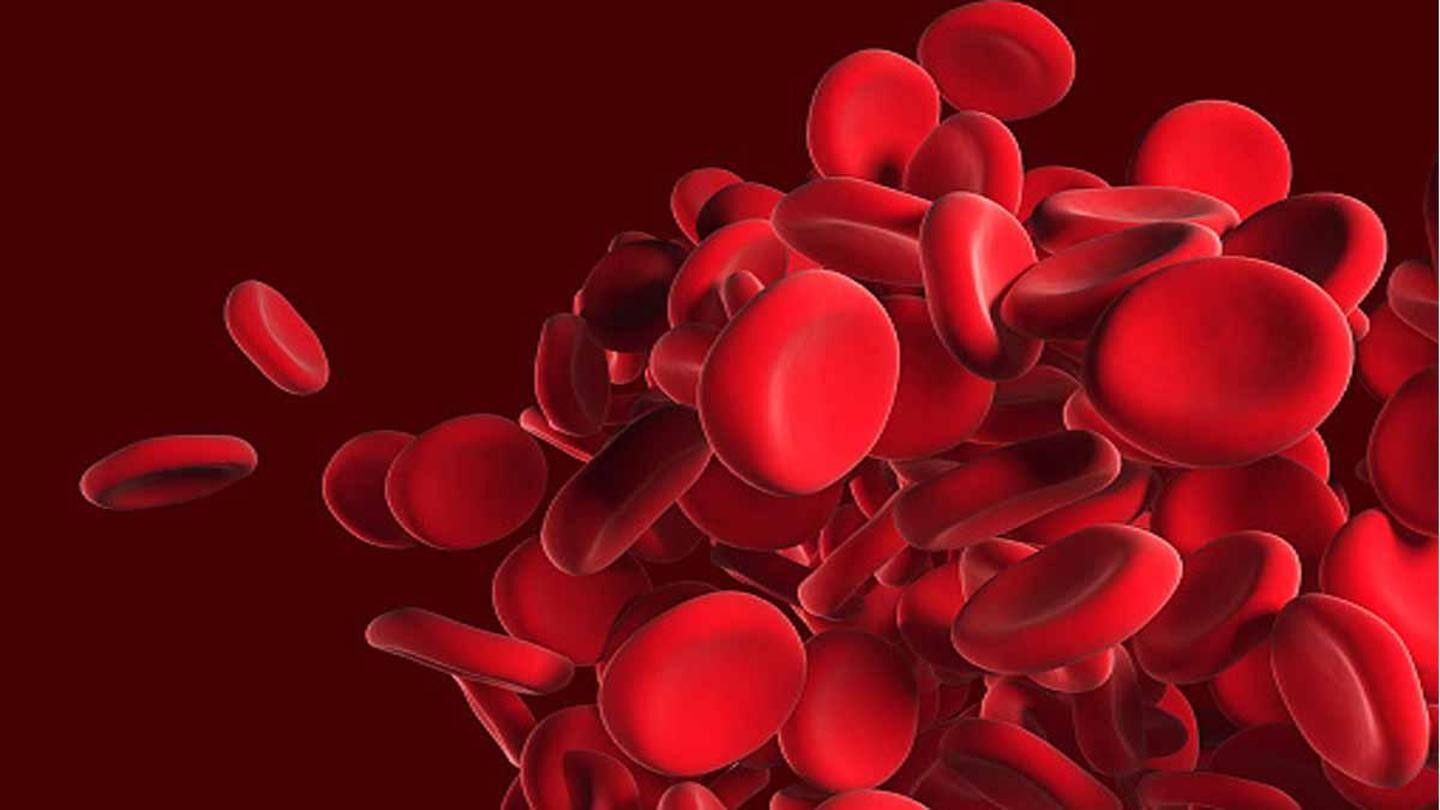
'Smart RBCs' might be effective in addressing antibiotic resistance: Study
What's the story
The rising increase in antibiotic resistance is a serious concern. Scientists at McMaster University in Canada have come up with a strategy that modifies red blood corpuscles (RBCs) to act as a vehicle for transporting antibiotics to the site of bacterial infection.
This targeted drug delivery technique could help tackle the problem of microbial resistance to antibiotic drugs.
Facts
What is special about red blood corpuscles?
RBCs also known as erythrocytes, can neither grow nor divide. These cells have a biconcave disc shape and lack certain organelles essential for cell survival, such as the nucleus, ribosomes, and mitochondria.
Their unique shape as well as enhanced volume, owing to the missing organelles, confer them the ability to transport a variety of compounds.
Problem
Why is antibiotic resistance a huge concern?
The excessive and incorrect use of anti-microbial drugs are the major reasons behind the problem of antibiotic resistance.
Certain microbes were once susceptible to such drugs. However, over time these microbes mutated in such a manner that the same drugs had no effect on them, which simply means that the medicines could not kill the microbes.
Such bacteria are known as 'superbugs.'
Concern
'Repeated drug dosage increases the risk of side effects'
"With many traditional drug therapies, there are challenges. They tend to degrade rapidly when they enter our circulation system and are randomly distributed throughout our bodies," said Dr. Maikel C. Rheinstädter, a researcher at the McMaster University.
"We often have to take higher doses or repeated doses, which increases exposure to the drug and heightens the risk of side effects," he added.
Objective
The study seeks to eliminate side effects of antibiotics
"Essentially, we are using red blood cells to conceal this antibiotic within so it can no longer interact or harm healthy cells as it passes through the body," said Hannah Krivic, lead author of the study.
"We designed these red blood cells so they could only target bacteria we want them to target."
On the whole, the study aims at mitigating the side effects.
Proposed technique
The devised methodology specifically treats infected cells
Scientists proposed a technique wherein RBCs were modified to target and treat only the infected cells and not the healthy ones.
First, the cellular content was emptied leaving behind the cell membrane. Then, the drug molecules were attached to their membrane.
The surface of the cells was also coated with antibodies to target the infectious bacteria and to elicit site-specific delivery of the drug.
Innovation
Researchers have developed targeted delivery method of Polymyxin B
Researchers have developed a liposome-based targeted delivery method of the Polymyxin B (PmB) drug to fight against pathogenic strains of E.coli which can cause pneumonia, gastroenteritis, and other infections.
It's one of the few remaining drugs which are successful at suppressing the growth of 'superbugs.'
Generally, PmB is the last treatment option owing to its toxicity and severe side effects such as kidney damage.
Optimism
Cancer treatment is a possibility in the future
Scientists believe this is an important discovery, which can minimize the drug dosages required for treatment as well as eliminate the possible side effects.
The team is experimenting with this strategy to convey drugs across the blood-brain barrier (BBB) in order to treat diseases such as Alzheimer's and depression.
It might also be utilized for the treatment of cancer in the future.